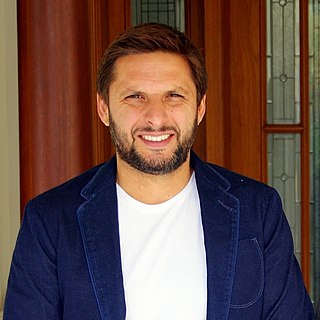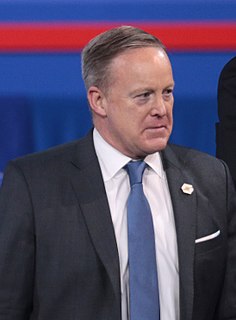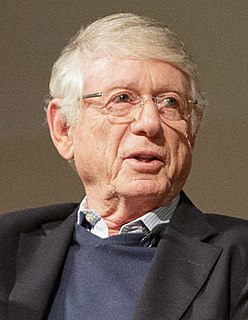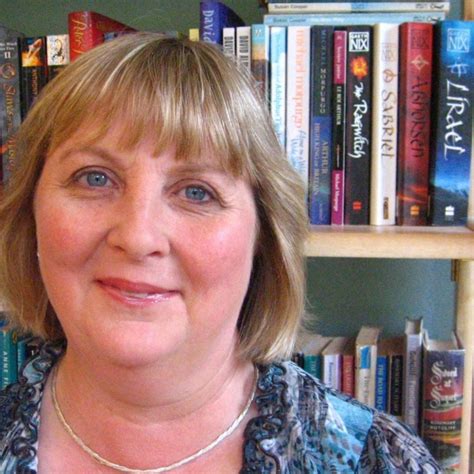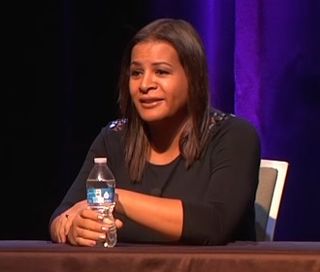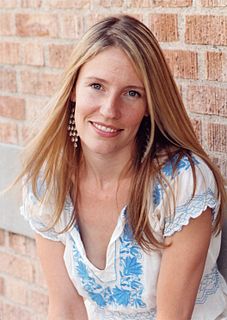A Quote by Shahid Afridi
It is sad that some people in the media like to create stories to sell their media, without any real facts to back up their stories.
Related Quotes
I think most people aren't really privy to how stories are developed and what stories are - make it to the front page or to the mainstream media, whether it's in print or in broadcast. And I think they'd be shocked and disappointed to see some of the bias that exists in some of the stories that don't get told - or the manner in which they are told.
The media are very dishonest. In fact, in covering my comments, the dishonest media did not explain that I called the fake news the enemy of the people - the fake news. They dropped off the word "fake." And all of the sudden, the story became, the media is the enemy. They take the word "fake" out, and now I'm saying, oh, no, this is no good. But that's the way they are. So I'm not against the media. I'm not against the press. I don't mind bad stories if I deserve them. And I tell you, I love good stories, but we won't - I don't get too many of them.
PR got to be much bigger because of the emergence of digital media. Now we have hundreds of people who are, in a sense, manning embassies for Facebook and Twitter for brands. So the business in effect has morphed from pitching stories to traditional media, to working with bloggers, Twitter, Facebook and other social media, and then putting good content up on owned websites.
Kiran says (the shelf) is full of stories. If it is, then I like fairy stories. Fairy stories are fair. In them wishes are granted, words are enchanted, the honest and brave make it safely through to the last page and the baddies either have to give up their wickedness for ever and ever, no going back, or get ruthlessly written out of the story, which they hardly ever survive. Also in fairy stories there are hardly any of those half-good half-bad people that crop up so constantly in real life and are so difficult to believe in.
I have learned one thing, because I get treated very unfairly, that's what I call it, the fake media. And the fake media is not all of the media. You know some tried to say that the fake media was all the media, no. Sometimes they're fake, but the fake media is only some of the media. It bears no relationship to the truth.
Media is set up to give information to the people - at least that's what it says. But we all know in the U.S. that media is a capitalistic system, people are getting paid to write things, they have bosses and editors, and they have bosses, and they put pressure on people to write intriguing stories that catch the eye.
From American Idol to The Matrix participatory media - where old and new media converge by involving fans - is influencing our culture by creating new forms of interactive storytelling. Yet by enabling people to participate in such various media they can converge as a crowd to alter the story to create new modes of engagement, some not necessarily endorsed by the creator - or the brands that back them.
AS SOMBRAS DA ALMA. THE SHADOWS OF THE SOUL. The stories others tell about you and the stories you tell about yourself: which come closer to the truth? Is it so clear that they are your own? Is one an authority on oneself? But that isn't the question that concerns me. The real question is: In such stories, is there really a difference between true and false? In stories about the outside, surely. But when we set out to understand someone on the inside? Is that a trip that ever comes to an end? Is the soul a place of facts? Or are the alleged facts only the deceptive shadows of our stories?
I think the beauty of the Internet is that it's giving a lot of people the opportunity to reach people around the world that they never would have been able to, and for people to tell their own stories where they don't see themselves reflected in mainstream media, or the media is misrepresenting the truth, right.
Media bias in editorials and columns is one thing. Media fraud in reporting 'facts' in news stories is something else. ...The issue is not what various journalists or news organizations' editorial views are. The issue is the transformation of news reporting into ideological spin, along with self-serving taboos and outright fraud.
What I love about what I get to do is that I'm allowed to create the stories that I want to tell with minimal interference by some very big corporations like Microsoft and Sprint and EA and BioWare. The advantage that these tech companies have is that they understand the space organically, versus traditional media companies.
